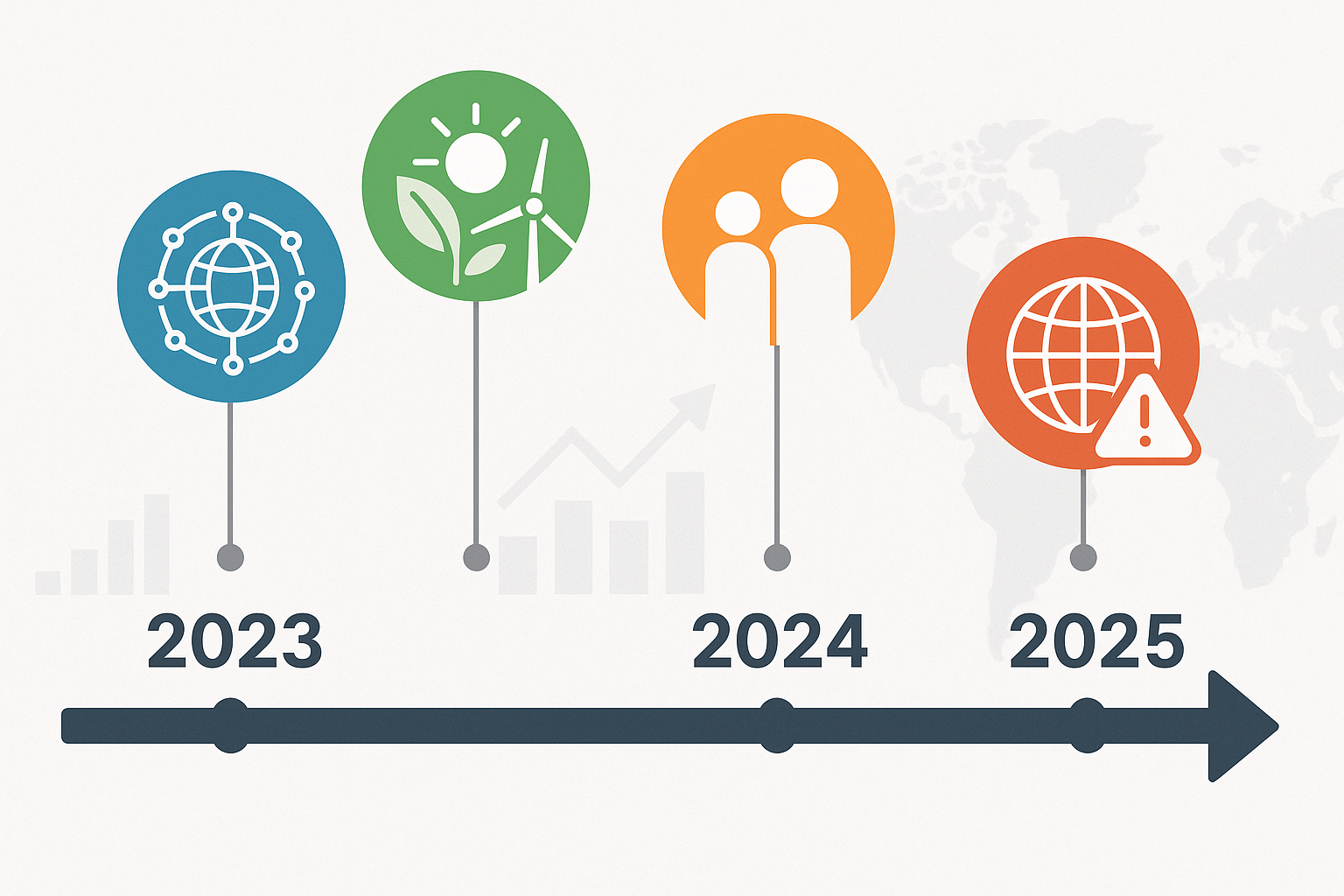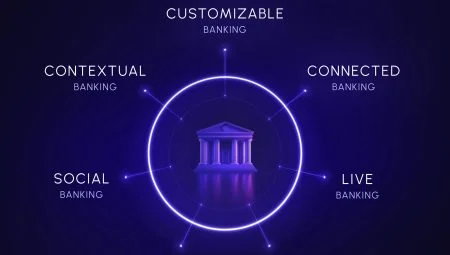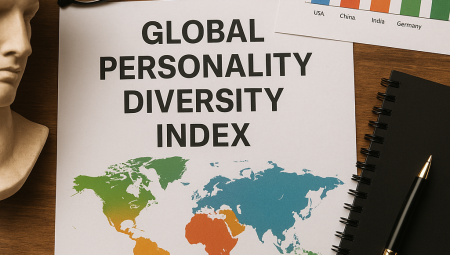Why Understanding Global Economic Trends in 2025 Matters
As we navigate through 2025, the global economy is undergoing rapid changes influenced by technological advancements, geopolitical shifts, and environmental challenges. For investors, business leaders, policymakers, and even curious individuals, staying informed about these global economic trends is crucial. This article dives deep into the most important trends shaping the world economy this year and beyond, providing expert insights and practical knowledge to help you make better decisions.
What Are the Major Global Economic Trends in 2025?
Understanding the key drivers behind today’s economy helps you anticipate opportunities and risks. Here are the major trends dominating 2025:
1. Inflation and Interest Rate Dynamics
Inflation continues to challenge economies worldwide, prompting central banks to adjust interest rates carefully. While some regions face persistent inflationary pressures, others have started seeing stabilization. The delicate balance between curbing inflation and fostering growth remains a central focus.
2. The Rise of Artificial Intelligence and Automation
AI technologies are revolutionizing industries by enhancing productivity and creating new business models. Automation is reshaping labor markets globally, with increasing demand for skilled workers capable of managing AI-driven systems.
3. Green Energy and Sustainable Investing
Climate change urgency fuels a massive shift toward renewable energy sources and sustainable finance. Governments and private sectors are investing heavily in green infrastructure, making sustainability a key economic driver.
4. Geopolitical Shifts and Trade Realignments
Trade tensions, regional conflicts, and evolving alliances continue to reshape global supply chains. Countries are diversifying trade partners and focusing on economic resilience amid uncertainty.
5. Digital Currency and Financial Innovation
Central Bank Digital Currencies (CBDCs) and blockchain-based financial products are gaining traction. These innovations promise faster, more transparent transactions but also pose regulatory challenges.
6. Demographic Changes and Workforce Transformation
Aging populations in developed nations contrast with youthful demographics in emerging markets. This demographic divide influences consumption patterns, labor availability, and social spending priorities.
7. Post-Pandemic Economic Recovery and Resilience
Although many countries have recovered from the COVID-19 pandemic’s initial shock, supply chain disruptions and labor shortages persist. Economies are focusing on building resilience to future crises.
How Does Inflation Affect Global Economies in 2025?
Inflation impacts purchasing power, investment decisions, and economic stability worldwide. Central banks, such as the Federal Reserve and the European Central Bank, are raising interest rates cautiously to manage inflation without stalling growth.
In short: Moderate inflation is expected to continue in 2025, but proactive monetary policies aim to prevent runaway price increases that could harm economies.
Why Is Artificial Intelligence Transforming the Economy?
Artificial intelligence enhances efficiency by automating repetitive tasks and enabling advanced data analytics. Industries like manufacturing, healthcare, and finance benefit significantly from AI-driven innovations.
In short: AI is a catalyst for productivity gains and new market opportunities but requires workforce adaptation and ethical oversight.
What Role Does Green Energy Play in 2025’s Economy?
The transition to renewable energy is accelerating, supported by government incentives and increasing investor interest in ESG (Environmental, Social, Governance) criteria. Green energy sectors are becoming major employment hubs.
In short: Investing in green energy is not only environmentally responsible but also a strategic economic move for long-term growth.
How Are Geopolitical Changes Impacting Trade?
Trade patterns are shifting as nations navigate new alliances and conflicts. Supply chain diversification aims to reduce dependency on single sources, ensuring more robust economic systems.
In short: Flexibility and strategic partnerships in trade are critical to managing geopolitical risks in 2025.
What Should You Know About Digital Currency Trends?
Digital currencies offer transparency and efficiency but raise concerns about privacy and financial stability. Governments are cautiously exploring regulations while encouraging innovation.
In short: Digital currencies are shaping the future of finance, requiring balanced policies for safe adoption.
How Do Demographic Shifts Affect Global Markets?
Developed economies face challenges from aging populations, increasing healthcare and pension costs. Conversely, emerging markets with younger populations offer growth potential through expanding consumer bases.
In short: Demographic trends dictate labor market dynamics and influence global investment flows.
What are the biggest global economic trends in 2025?
In 2025, key economic trends include managing inflation, advancing AI technology, investing in green energy, adapting to geopolitical trade shifts, embracing digital currencies, navigating demographic changes, and recovering from the pandemic’s impacts.
Pro Tips for Navigating the Global Economy in 2025
-
Stay Informed: Regularly follow trusted economic reports and expert analyses to keep up with fast-changing trends.
-
Diversify Investments: Spread your assets across sectors like technology, green energy, and emerging markets to mitigate risks.
-
Embrace Technology: Upskill in AI and digital tools to remain competitive in evolving job markets.
-
Monitor Policy Changes: Keep an eye on central bank policies and trade agreements that can impact markets globally.
-
Adopt Sustainable Practices: Align personal and business decisions with sustainability to benefit from growing green finance opportunities.
-
Prepare for Demographic Impacts: Understand how aging populations or youth booms affect your region’s economy and workforce.
Frequently Asked Questions (FAQ)
How will inflation trends affect my investments in 2025?
Inflation can erode investment returns, but sectors like commodities and real estate often perform well during inflationary periods. Diversifying your portfolio helps balance risks.
Is AI likely to replace jobs completely?
While AI automates certain tasks, it also creates new job opportunities. Workforce adaptation through continuous learning is essential.
What are Central Bank Digital Currencies (CBDCs)?
CBDCs are government-backed digital versions of fiat currencies designed to improve transaction efficiency and financial inclusion.
How can I invest in green energy?
You can invest via stocks in renewable energy companies, green bonds, or sustainable ETFs focusing on ESG criteria.
What impact does geopolitical tension have on global markets?
Tensions can disrupt trade and supply chains, causing market volatility. Businesses often seek diversification to manage these risks.
Conclusion: Staying Ahead in a Changing Global Economy
The global economic landscape in 2025 is complex and dynamic, shaped by technological innovation, sustainability efforts, and geopolitical factors. By understanding these trends and adapting accordingly, individuals and organizations can position themselves for success in an uncertain yet opportunity-rich environment. Keeping an expert eye on inflation, AI, green energy, digital currencies, demographics, and recovery strategies will help you navigate this new economic era confidently.
Do you have thoughts or questions about the economic trends shaping 2025? Share your insights and start a conversation in the comments below!



